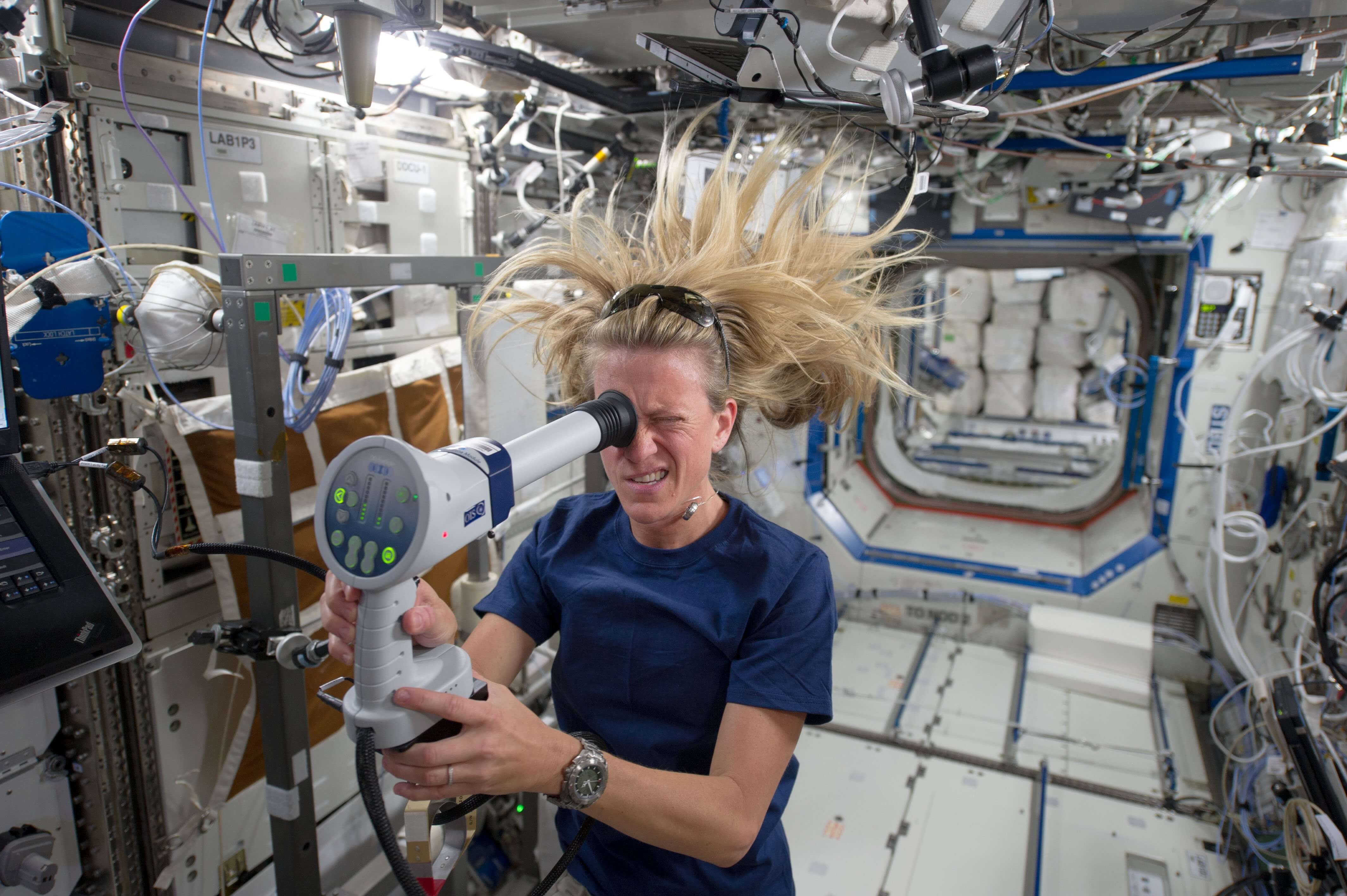NASA, Baylor team up to discover new ways to protect astronauts

Baylor College of Medicine and NASA are on a mission to discover new ways to make long-duration space flight safer for astronauts through the NASA Transitional Research Institute.
The Center for Space Medicine at Baylor was awarded grant for as much as $246 million for a minimum of six years, with the potential to expand to 12 years, to develop the institute focused on finding new ideas and treatments that can benefit long-duration space flight missions, including NASA’s journey to Mars. The institute will launch Oct. 1.
“As the home of the Center for Space Medicine, there is no better place for the new institute focused on innovative approaches to health in space flight than Baylor College of Medicine,” said Dr. Paul Klotman, president, CEO and executive dean of Baylor. “We are excited to team up with NASA in this important effort.”
“This ensures Baylor’s continued leadership in space and biomedical research for the next 12 years,” said Dr. Jeffrey Sutton, director of the Center for Space Medicine. “We are honored to have the opportunity to continue our productive and strong collaboration with NASA. We view this as a privilege and understand that it is very important to our nation,” he said.
The new NASA Translational Research Institute will establish a model that allows astronauts to take what they have learned in research laboratories and clinical trials and apply their findings to better understand the health of astronauts.
“The mission of the institute is to lead a national effort in translating cutting-edge emerging terrestrial research into applied space flight human risk mitigation strategies for exploration missions,” Sutton said.
The award will enable the Center for Space Medicine to expand its efforts and to enhance collaborations with other departments and centers across the College and with other institutions in the Texas Medical Center and beyond, Sutton said.
The award was hailed by Houston’s congressional representatives and local leaders.
U.S. Rep. Al Green said “I applaud NASA and Baylor College of Medicine for working together to reduce health risks for astronauts with the creation of the NASA Translational Research Institute at Baylor College of Medicine. This institute, which is located in the Ninth Congressional District, will serve as an essential location for research and clinical trials, which will help lead to reducing risks to astronauts on extended space exploration missions.”
And U.S. Rep. John Culberson said, “This is great news for America’s human space program and for Baylor College of Medicine. Without this critical research, we cannot assure the safety of American astronauts on the long flight to Mars and home again. No one can do this research better than Baylor College of Medicine.”
Local leaders were just as enthusiastic.
“I am thrilled to hear that two of Harris County’s best organizations – NASA and Baylor College of Medicine – will be working together to protect the men and women who risk their lives to help solve the greatest mysteries of our universe,” said Harris County Judge Ed Emmett. “It was Houston and Harris County residents that led the way to the moon 47 years ago, so it’s only fitting that our hometown medical school should lead the way in safeguarding those who will lead us to Mars in the future.”
And Houston Mayor Sylvester Turner said this joint collaboration is an amazing opportunity for Baylor and the city.
“I want to congratulate Baylor College of Medicine,” said Turner. “Houston is home to the world’s largest medical center and it is where the U.S. space program began and remains to this day, so it is fitting that Houston and Baylor College of Medicine will lead the way in helping astronauts prepare for the mission to Mars and beyond. The bench-to-spaceflight model will also be useful for our future Houston Spaceport partners at Ellington Airport.”
“We at Baylor have always been interested and productive in taking the advances of research on space and applying it to health on Earth,” said Sutton.
Klotman said, “Baylor has long been a leader in translational medicine and the ‘bench to spaceflight’ approach is a natural progression of the research we have been working on for years.”
Other partners in the new institute include MIT and California Institute of Technology.



